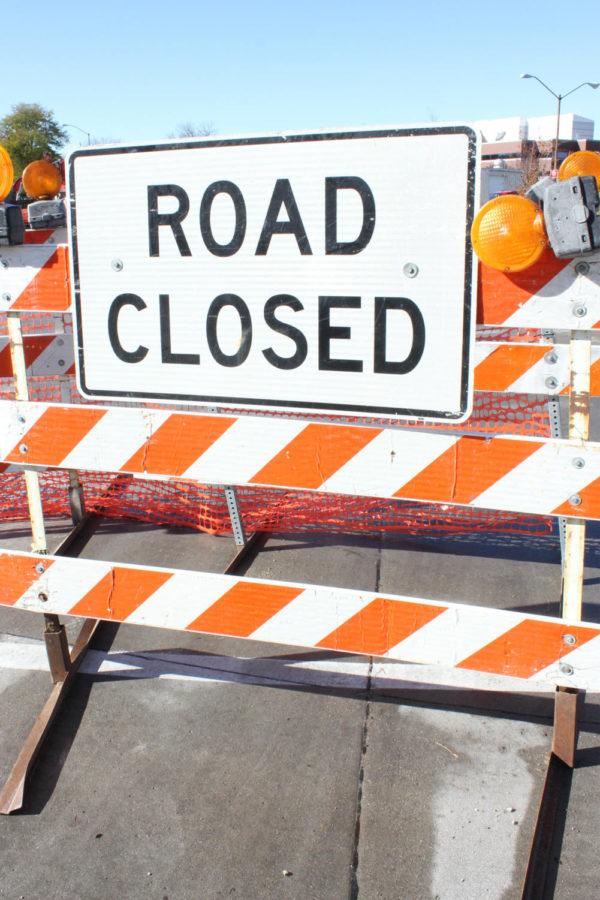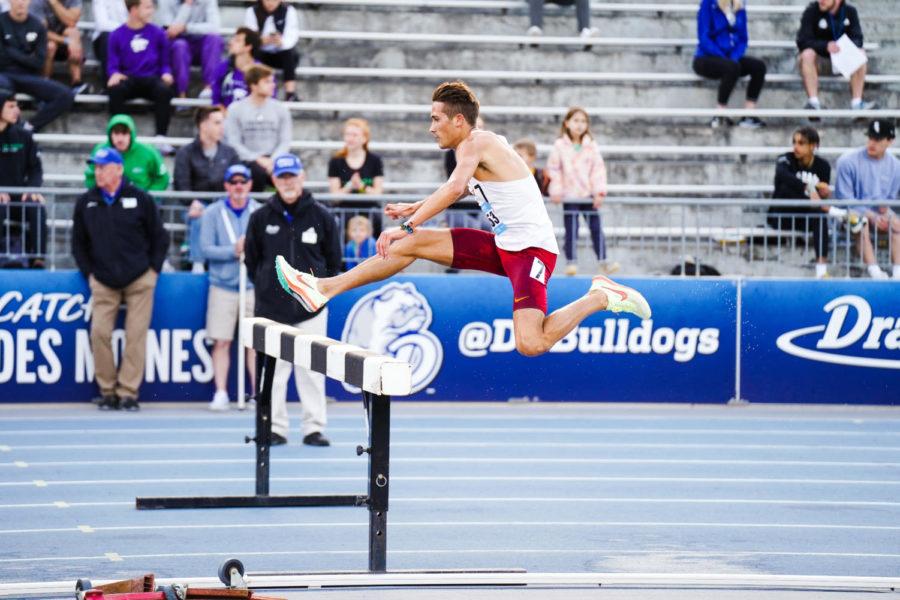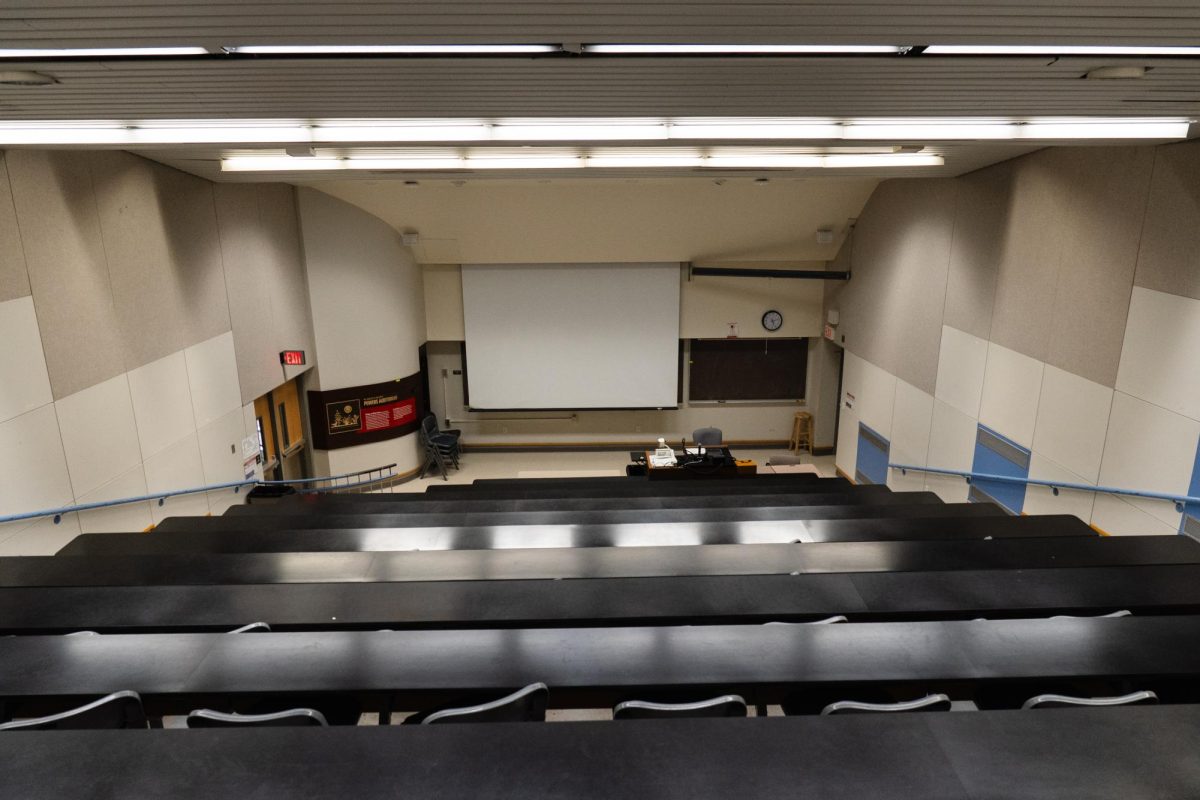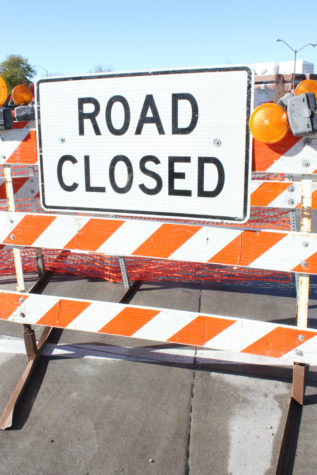Associate dean joins discussion on sustainability
July 30, 2010
David Acker, associate dean of academic and global programs in the College of Agriculture and Life Sciences at Iowa State, recently participated in a panel discussion on African agricultural development.
The panel was held on the 13th floor of the World Bank in Washington D.C. Acker was joined by experts from Harvard University, the U.S. Agency for International Development, the World Bank and other organizations.
“The event was organized by the Association of African Agricultural Professionals in the Diaspora, meaning these are people who were born in Africa, who maybe came to the U.S. for training and then stayed in the United States,” Acker said.
The AAAPD aims to strengthen African agricultural institutions and create stronger bonds between those institutions and counterpart institutions around the world.
“This is an exciting innovation, because [members of the AAAPD] know Africa well, they’re highly trained in agriculture, and they can make a very important contribution to help Africa deal with its food security problems,” Acker said.
The event, “Accelerating Africa’s Agricultural development: Leveraging Knowledge, Innovation and Resources through Collaboration,” was held July 27, and was organized in order to launch the association.
The AAAPD is funded through a grant given to Iowa State from the Bill and Melinda Gates Foundation. Iowa State manages the association’s finances. Agronomy professor and George Washington Carver chairman Andrew Manu is the vice president on the board.
“[Manu] was the one that volunteered to handle the business management side of the association, therefore the Gate’s Foundation said, ‘Fine, we’ll give the grant to Iowa State,'” Acker said. “We manage it on behalf of the entire association.”
Acker was asked by the AAAPD to give a presentation during the event. The title of his presentation was “Human and Institutional Capacity Development Partnerships to Improve African Agriculture.”
“I was talking about how you can use partnership between universities, like Iowa State, and universities in African to help strengthen the university in Africa so that they can do a better job in training people to work on issues like hunger and poverty and disease,” Acker said.
Iowa State, has the Center for Sustainable Rural Livelihoods, which exists to improve the livelihood of people in developing countries. The center will be working for the next four years to help Kamuli District, Uganda.
“We work closely with [Uganda’s] local university,” Acker said. “We exchange students with them. We exchange professors, and we’re training approximately 8 to 10 of their faculty members in the graduate level here at Iowa State.”
Along with Acker, several other experts gave presentations.
“The format was that these were presentations, and then there was an opportunity for questions and answer and discussion at the end of the session,” Acker said. “It was kind of like a mini conference in that it lasted about four hours and involved people from really all kinds of organizations.”
Although they all were talking about different things, the focus of the event remained on improving African agriculture.
“I think the ‘take home’ lesson from the conference was that the most important investment we can make in improving African food security is in the training of leaders and scientists and managers who are in Africa and will remain in Africa solving African problems,” Acker said.
Acker plans on continuing to support the association as it matures into a stronger and more powerful organization. The association also launched its website during the event.
Acker said, “[The website] is their way to reach out to people in the U.S. and Africa; to let them know that they are here and ready to help.”
















